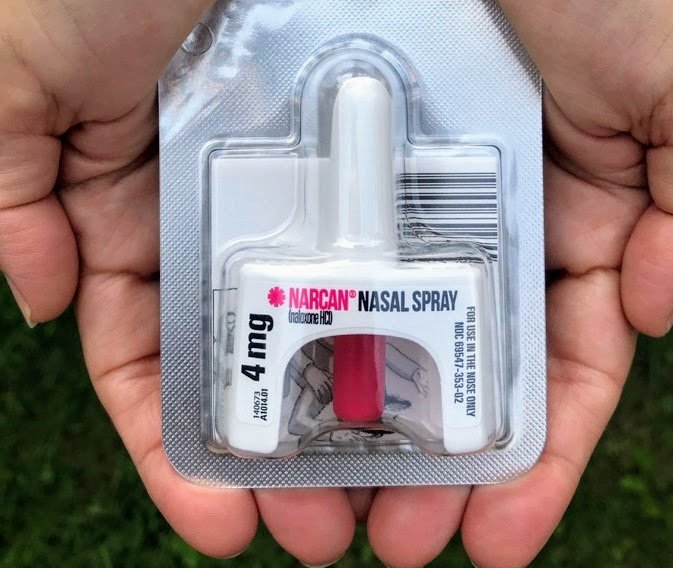
Services / Request a Training
Opioid Overdose Awareness Training
An overdosed person can look like someone snoring in a deep sleep, someone we are conditioned NOT to disturb.
We can reverse overdoses, but many people die near a bystander who is unaware of what is happening or how to help.
You are more likely to witness an opioid overdose than a cardiac arrest
More likely to
Overdose deaths in the workplace increased an average 24% each year from 2011 to 2018
24% increase
In the US, 130 people die of an overdose that could have been prevented
Every day
American Medical Association
What every U.S. employer can do to help end the overdose epidemic
1
Promote harm reduction at work
Install a naloxone rescue station
Post signs telling employees where they can obtain information about naloxone
Educate employees about recognizing signs of an overdose and being trained to administer naloxone
2
Reduce stigma associated with pain, drug use, harm reduction, and treatment
Treat all employees with compassion and dignity
Dispel myths about substance use disorders, opioid therapy, and naloxone
promote fact and evidence-based harm reduction information
https://www.ama-assn.org/delivering-care/overdose-epidemic/what-every-us-employer-can-do-help-end-overdose-epidemic
Opioid Overdose Awareness Training
Together, we can stop overdose deaths. Trainings include the following:
National and local opioid epidemic trends
Overview of opioids
Substance use stigma
Good Samaritan Law
How to administer Narcan
What we can all do now to reduce overdose deaths
Naxos Neighbors works with researchers at the University of Notre Dame to understand how to effectively reduce stigma around drug use. These learnings are integrated into our trainings to ensure we are not only providing tools and information, but also changing hearts and minds about people who use drugs.
Train-the-Trainer
Learn how to:
Effectively present research based information
Respond to learners questions and concerns
Lead hands-on-activities to reinforce learning
Provide immediate actions that participants can do to save lives
Topics:
Narcan Administration & the Opioid Epidemic
Drug Checking & the Drug Supply
Harm Reduction
The Value of Peers
About the Trainer
Joanne Kelley Cogdell—CEO, Naxos Neighbors
Joanne is a Certified Peer Support Professional who has worked in community education for over 20 years and harm reduction for 12 years as an HIV Risk Reduction Specialist in Philadelphia and more recently as the co-founder of Naxos Neighbors. Joanne is a certified Opioid Overdose Prevention Trainer through the New York State Department of Health and has numerous certifications in opioid use disorder.
She is currently partnering with the University of Notre Dame, Department of Analytical Chemistry to develop local drug checking and the University of Calgary, Cumming School of Medicine as a steering committee member for Defining Terminology and Outcome Measures for Evaluating Digital and/or Virtual Drug Overdose Response Technology.
Testimonials
Sheila Millier, Clinical Staff Supervisor, Life Treatment Centers
Partner Testimonial
Life Treatment Centers is partnered with Naxos Neighbors to improve the lives of PWUD regardless of the recovery pathway they have chosen. They provide Narcan and Drug Checking training to Life Treatment Centers’ clients with the overall hope and intention to save one more life through the education and resources they provide. They are an inclusive organization with a heart for the community. It is a pleasure to work alongside Naxos Neighbors with the shared belief that it takes a community effort to reduce overdoses.








